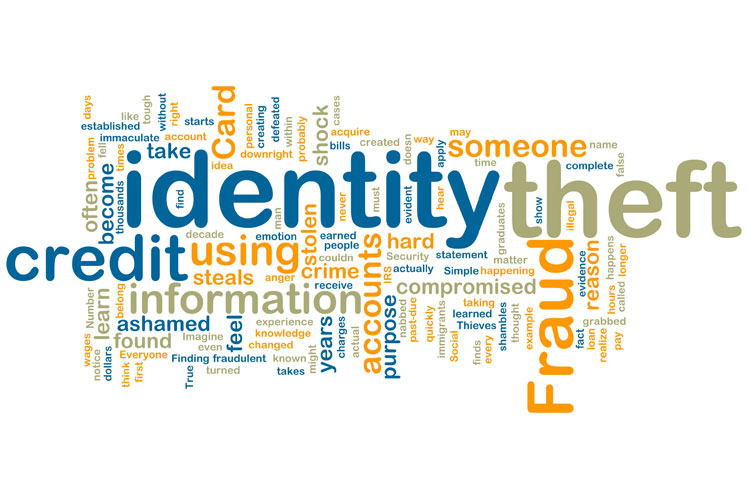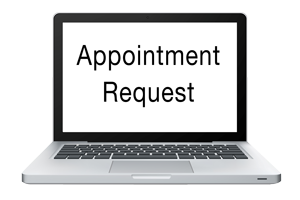No one wants to think about having their identity stolen or experiencing a theft of their finances. It is unpleasant, distasteful, and often feels like the type of thing that happens to other people, not to ourselves.
The sad truth is that, every single year, identity theft crimes result in billions of dollars lost by individuals just like you. Unfortunately, those numbers are expected to continue rising in the future.
The good news is that there are effective actions you can take every day that will greatly minimize your risk of being exposed to identity theft or financial crime. By taking a few minutes to review these tips, you might save yourself unimaginable stress and potentially years of work trying to recover from identity fraud or financial theft.
Watch Your Accounts
You should always regularly check your credit card, debit card and bank statements to ensure that there are no unauthorized purchases. If you see a charge that you do not recognize, no matter how small, contact the credit card company immediately to dispute the charge. Identity thieves often try small charges first to see if they go unnoticed before moving on to bigger purchases.
Leave It At Home
Carrying loads of personal identifying information is not a wise choice. Consider leaving unnecessary items like extra credit cards, social insurance cards, passports or birth certificates safe at home when you go out – unless you absolutely need them. The more identification you carry in your wallet, the easier it would be for a criminal to steal your identity should your wallet ever be lost.
Do Not Just Toss It Out
Simply throwing away old credit cards, cheques, bank letters or receipts is one of the most effective ways to give away personal information to criminals. Use a shredder, or scissors if you must, to properly dispose of any financial or identity-related items.
Know Your Numbers
When a card is lost, failing to remember the card number or additional information can make disputes more difficult. Store credit card and bank information somewhere safe, away from the cards themselves, for quick access in case of an identity theft problem.
Consider a RFID-Blocking Wallet
In this day and age, it is possible for a malicious person to steal your credit card information by just standing next to you with the use of a scanner. An RFID (Radio Frequency IDentification) blocking wallet can help stop that.
Keep It Secret, Keep It Safe
It is easy to become lazy about hiding our PIN number whenever we are checking out or withdrawing cash. Stay vigilant! Identity theft still regularly occurs at cash registers and ATM machines all over the nation. Additionally, always keep track of your wallet, bag, purse, backpack, or whatever device you use to store your valuables. Never assume that you can leave them somewhere for just a few minutes while you step away.
File a Report and Cancel Quick
Never let the hassle of reporting identity theft stop you from immediately reporting suspicious activity and cancelling a card. Even if you are not entirely sure whether the card has been stolen or simply misplaced, stray on the side of safety. The minor inconvenience of getting a new card is nothing compared to the disaster of total identity theft.
By following these tips, you can minimize identity theft risks and keep yourself safe now and for years to come.
Contact our office!
Copyright © 2017 AdvisorNet Communications Inc. All rights reserved. This article is provided for informational purposes only and is based on the perspectives and opinions of the owners and writers only. The information provided is not intended to provide specific financial advice. It is strongly recommended that the reader seek qualified professional advice before making any financial decisions based on anything discussed in this article. This article is not to be copied or republished in any format for any reason without the written permission of AdvisorNet Communications. The publisher does not guarantee the accuracy of the information and is not liable in any way for any error or omission.














